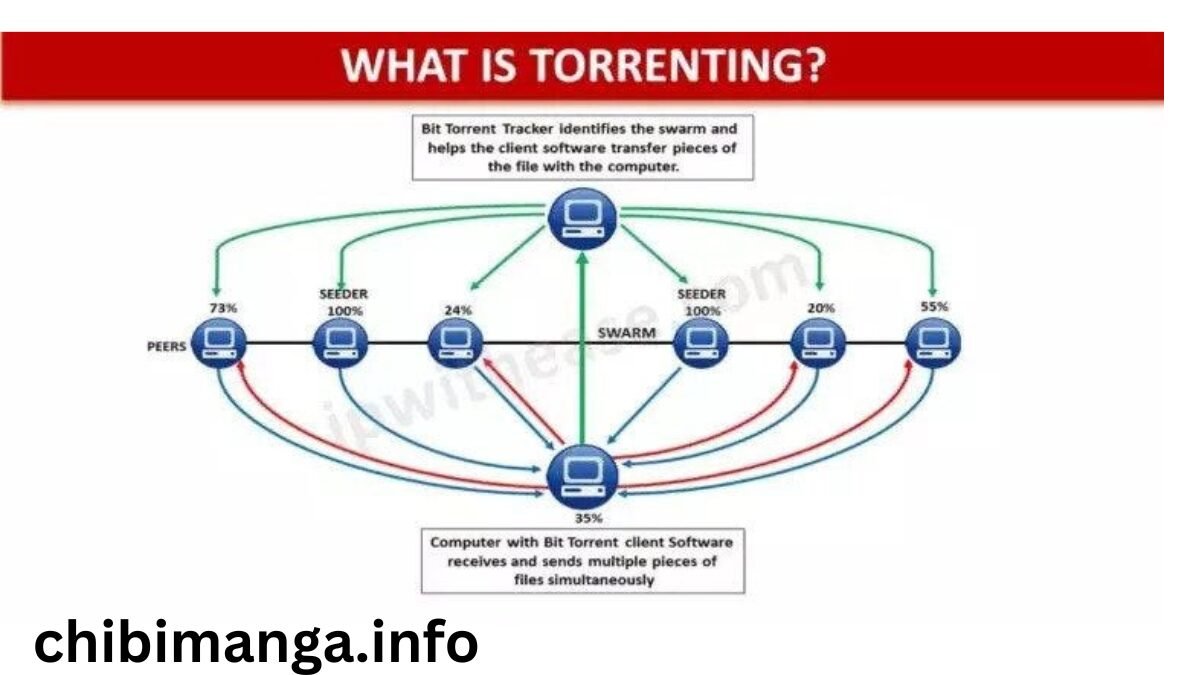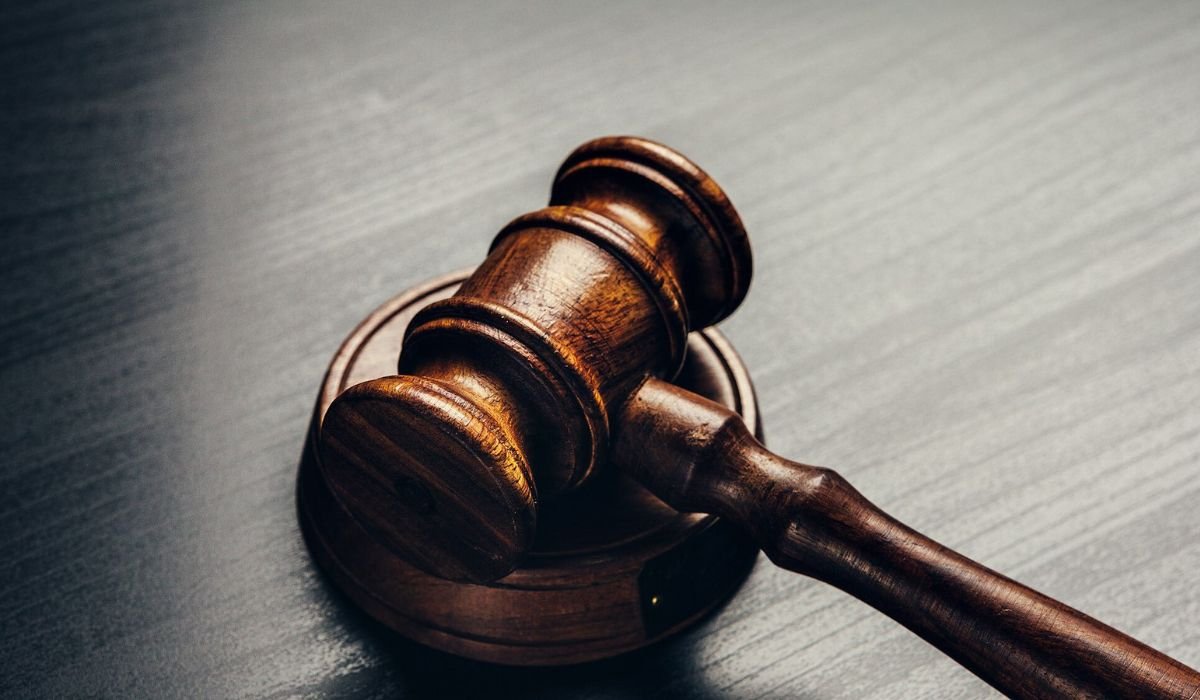Torrenting has become a popular method of sharing and downloading files over the internet. However, it often raises legal and security concerns, especially when dealing with copyrighted content. This article aims to provide a comprehensive understanding of what torrents are, explore legal alternatives to torrenting, and highlight the risks associated with downloading torrents.
What Are Torrents?
How Torrents Work
Torrents are a method of distributing files over the internet using a peer-to-peer (P2P) network. Unlike traditional file downloads that rely on a central server, torrenting allows users to download pieces of a file from multiple sources simultaneously. This process is facilitated by a protocol known as BitTorrent, which enables efficient and fast file sharing.
Peer-to-Peer File Sharing
In a P2P network, each user, or peer, acts as both a client and a server. When you download a file via a torrent, you are also uploading parts of that file to other users. This decentralized approach reduces the load on any single server and increases the download speed for large files.
Torrent Files
A torrent file itself does not contain the actual content you want to download. Instead, it contains metadata about the files and folders to be distributed. This includes information such as file names, sizes, and the structure of the content. The torrent file also includes the addresses of tracker servers, which help coordinate the transfer of files among users.
Alternatives to Torrenting
While torrenting can be a useful way to share files, it often raises legal and security concerns, especially when dealing with copyrighted material. Fortunately, there are many legal alternatives available for accessing movies, games, software, and other digital content.
Legal Streaming Services
- Netflix: Offers a vast library of movies, TV shows, and documentaries. It’s a subscription-based service available worldwide.
- Hulu: Another subscription-based service with a strong emphasis on current TV shows, including exclusive content.
- Amazon Prime Video: Provides access to a wide range of movies, TV series, and Amazon Originals. A subscription also includes other Amazon Prime benefits.
- Disney+: Home to Disney, Pixar, Marvel, Star Wars, and National Geographic content.
- HBO Max: Features a robust collection of HBO series, Warner Bros. movies, and exclusive Max Originals.
- Spotify: For music lovers, Spotify offers a vast library of songs and podcasts, available both for free (with ads) and through a premium subscription.
Digital Storefronts
- Steam: The go-to platform for purchasing and downloading PC games. It also offers software and downloadable content (DLC).
- Epic Games Store: Known for its regular free game giveaways and exclusive titles.
- GOG (Good Old Games): Specializes in DRM-free games, including classic titles.
- iTunes: A comprehensive digital storefront for purchasing and renting movies, TV shows, music, and more.
- Google Play: Offers movies, TV shows, books, and apps for Android devices.
Free, Legal Content Providers
- Archive.org: A treasure trove of free, legal content, including books, movies, music, and software.
- Project Gutenberg: Offers over 60,000 free eBooks, primarily classic literature.
- LibriVox: Provides free audiobooks of public domain works, read by volunteers.
- Public Domain Torrents: Specializes in offering torrents of movies that are legally available in the public domain.
- Open Library: An initiative of the Internet Archive, providing free access to millions of books in digital format.
Risks of Torrenting
While torrenting itself is not illegal, the legality comes into play when the content being downloaded is copyrighted and distributed without permission. There are several risks associated with torrenting that users should be aware of.
Legal Risks
- Copyright Infringement: Downloading or distributing copyrighted material without permission is illegal in many countries. This can result in legal actions, including fines and lawsuits.
- ISP Monitoring: Internet Service Providers (ISPs) often monitor traffic for illegal downloads and may take action, such as throttling your internet speed or reporting your activities to copyright enforcement agencies.
- Country-Specific Laws: Different countries have varying laws regarding torrenting and copyright infringement. Some are stricter than others, with severe penalties for offenders.
Security Risks
- Malware and Viruses: Torrents can be a breeding ground for malware, viruses, and other malicious software. Cybercriminals often disguise harmful programs as popular movies, games, or software to trick users into downloading them.
- Fake Torrents: Many torrent files are fake and designed to mislead users. These can lead to downloading unwanted or harmful content.
- Data Breaches: Using P2P networks exposes your IP address and can make you vulnerable to cyberattacks and data breaches.
Quality and Reliability Issues
- Incomplete Downloads: Sometimes, torrents may not have enough seeders (users who have the complete file and are sharing it), resulting in incomplete downloads.
- Inconsistent Quality: The quality of content available via torrents can vary widely, and it’s not always easy to verify the quality before downloading.
Disclaimer
This article is intended to provide information about torrenting and its associated risks. It does not endorse or condone the illegal downloading or distribution of copyrighted material. Users are advised to use legal and legitimate means to access digital content to avoid legal and security issues.
FAQS
- What are torrents and how do they work? Torrents are a method of file sharing using a decentralized network. Users download and upload parts of files simultaneously, facilitated by BitTorrent protocol.
- Is torrenting legal? Torrenting itself is legal, but downloading copyrighted material without permission is illegal in many countries and can lead to legal consequences.
- What are the risks of torrenting? Risks include legal repercussions for copyright infringement, exposure to malware and viruses, and potential data breaches due to P2P network vulnerabilities.
- What are legal alternatives to torrenting? Legal alternatives include streaming services like Netflix, Hulu, and digital storefronts such as Steam and Epic Games Store for movies, games, and software.
- How can I protect myself while torrenting? To stay safe, use reputable torrent sites, keep antivirus software updated, avoid downloading copyrighted material without permission, and consider using a VPN.
YOU MAY ALSO LIKE
Do a Barrel Roll – Play Google Z or R Twice: A Deep Dive into Google’s Fun Easter Egg
Conclusion
Torrenting is a powerful and efficient way to share files, but it comes with significant risks, especially when used for downloading copyrighted content. Understanding how torrents work and the potential legal and security implications is crucial. Legal alternatives such as streaming services and digital storefronts offer a safe and legitimate way to enjoy movies, games, software, and other digital content. Always prioritize legal and secure methods to avoid potential pitfalls associated with torrenting.










